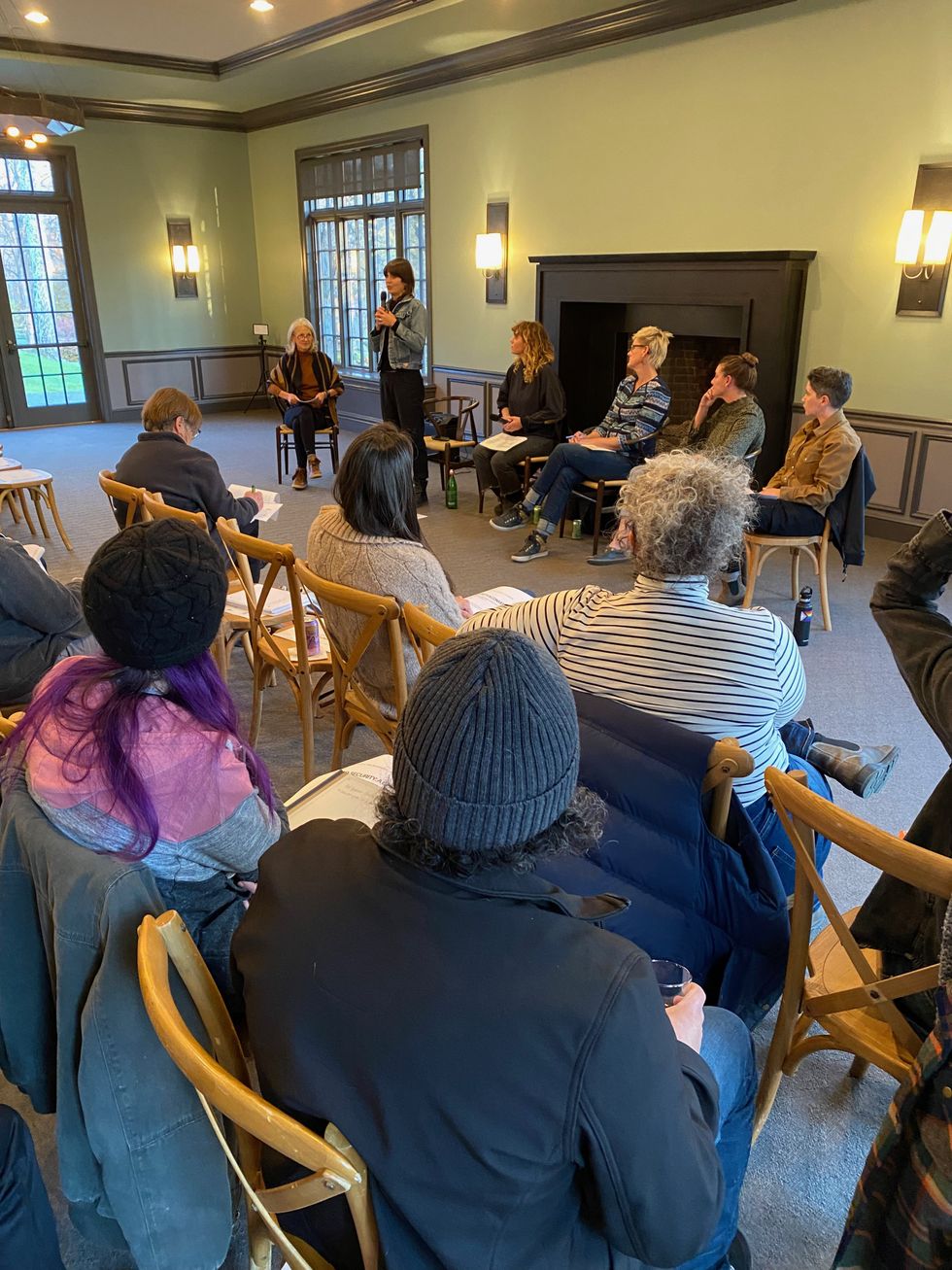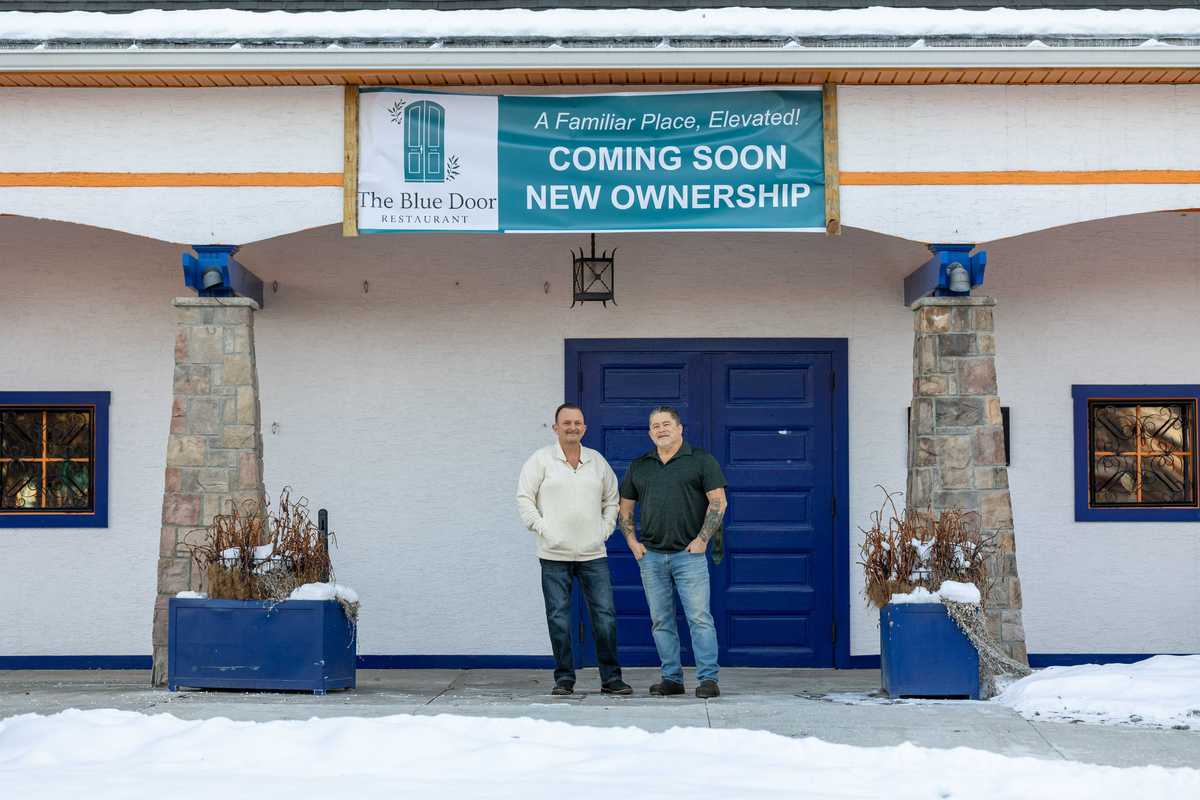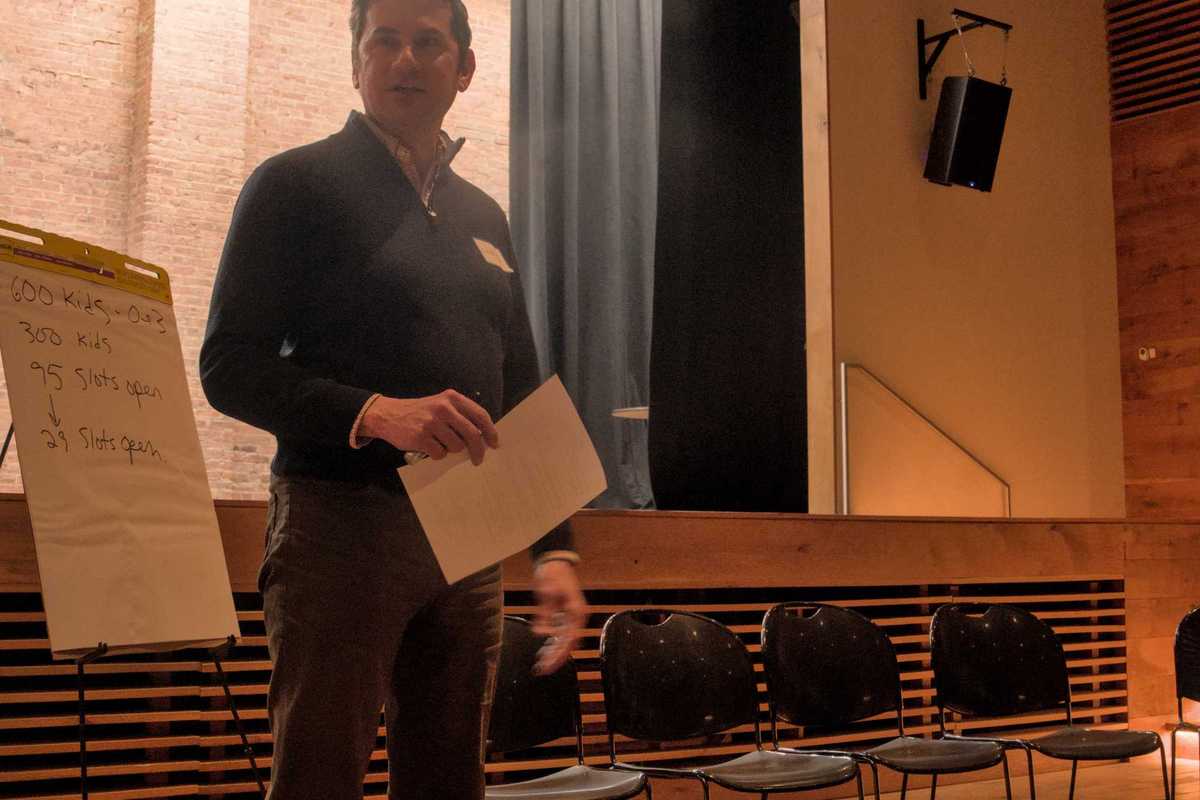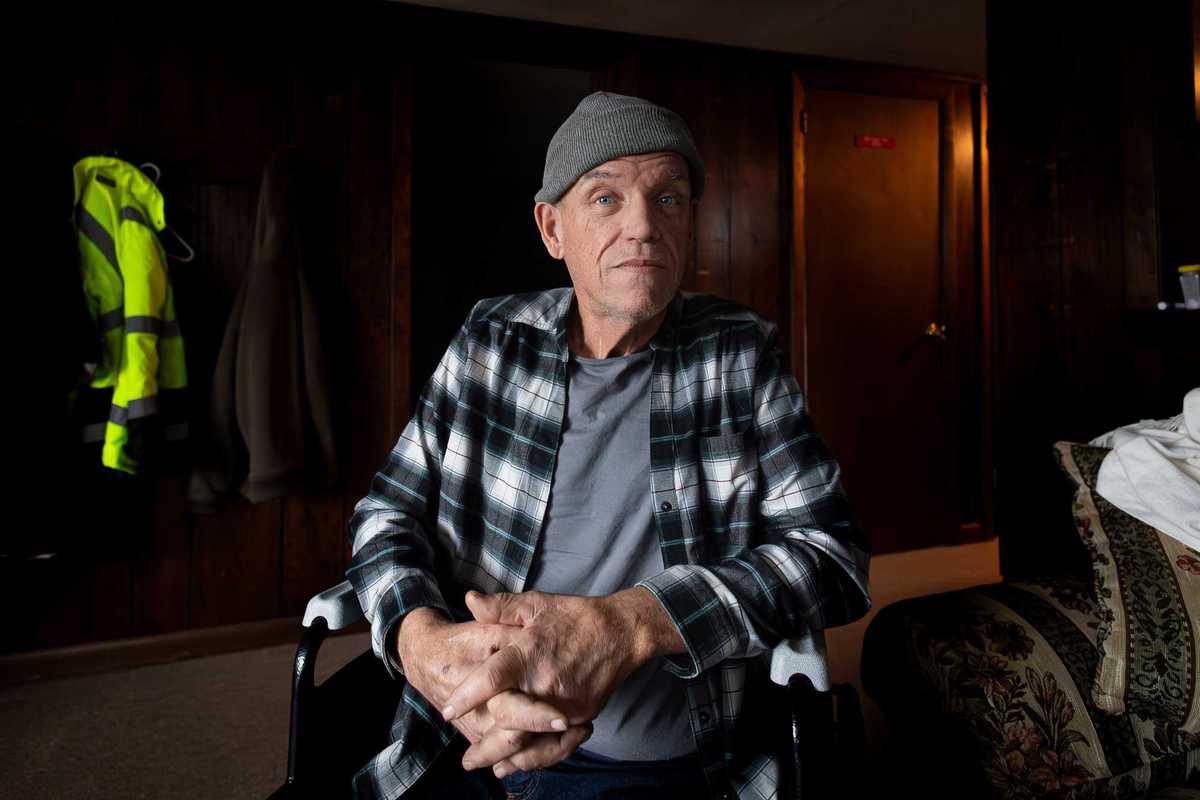Community conversation on food security calls for new approach

An audience of more than 100 residents of Connecticut and New York assembled for a panel discussion on food security in the tri-corner towns and what is being done to address it. Panelists from left to right were Linda Quella of Tri-Corner Food Equity, Jordan Schmidt of the Northeast Community Center, Sarah Chase of Chaseholm Farm, Maggie Cheney of Rock Steady Farm, Renee Giroux of the Northwest Food Hub and Sarah Salem of the Hudson Valley Food Systems Coalition.
Photo by Leila Hawken









 lakevillejournal.com
lakevillejournal.com 







 Styling a tray can give a home or room a re-fresh.Kerri-Lee Mayland
Styling a tray can give a home or room a re-fresh.Kerri-Lee Mayland




